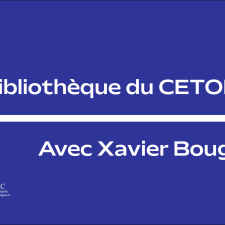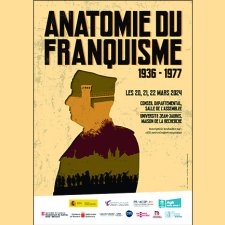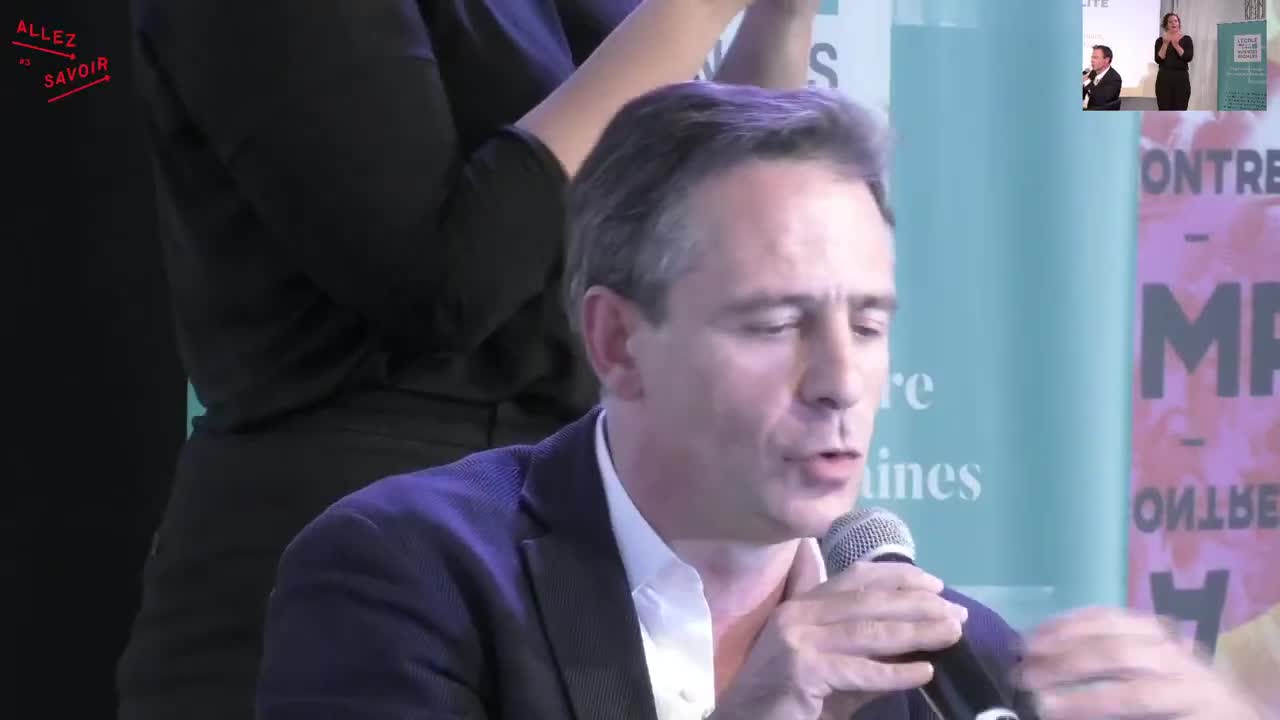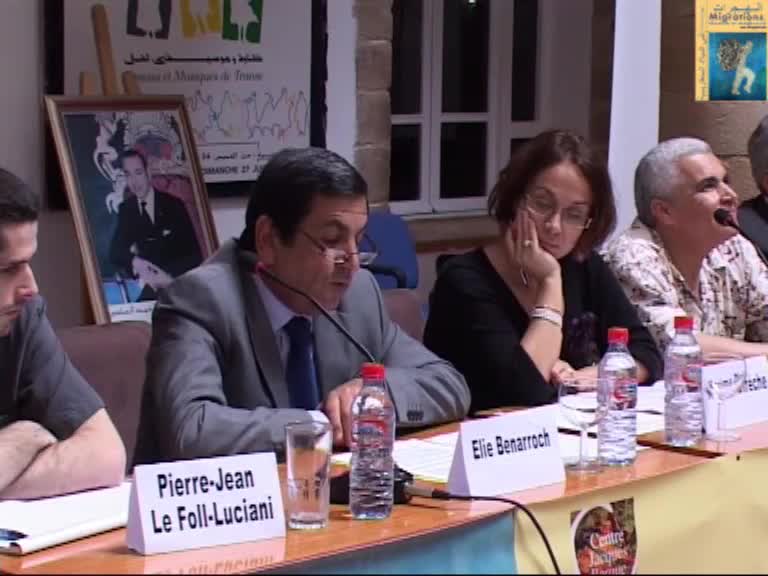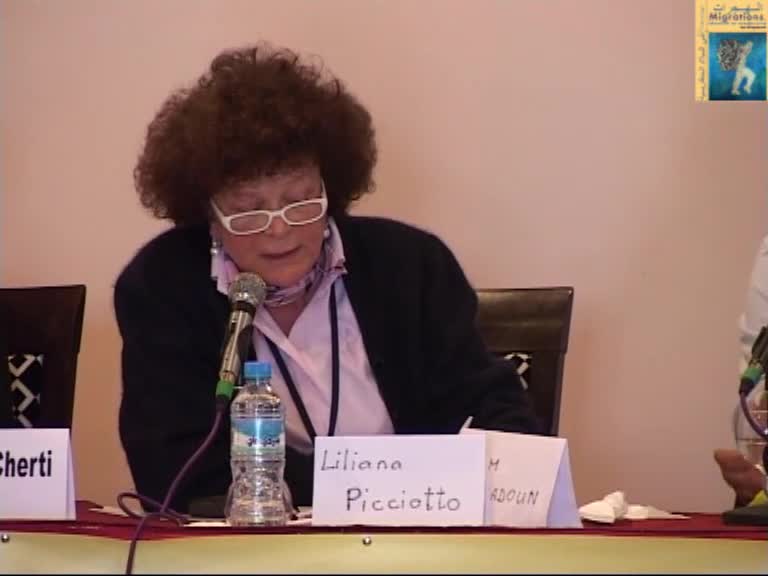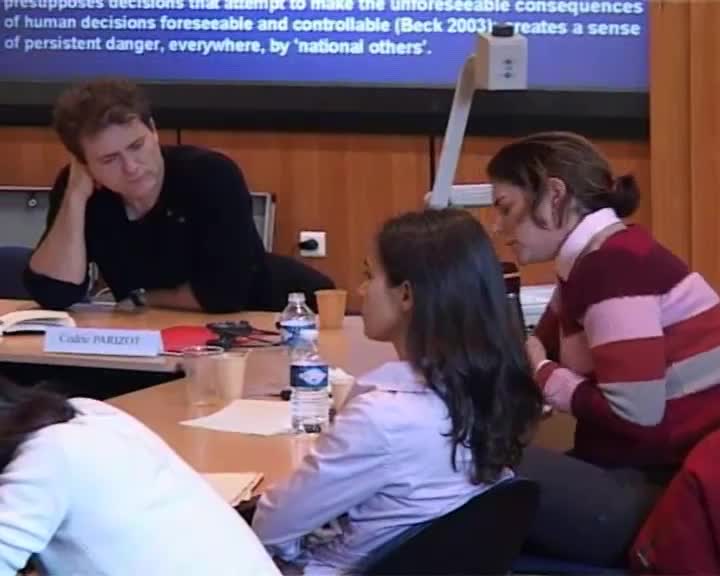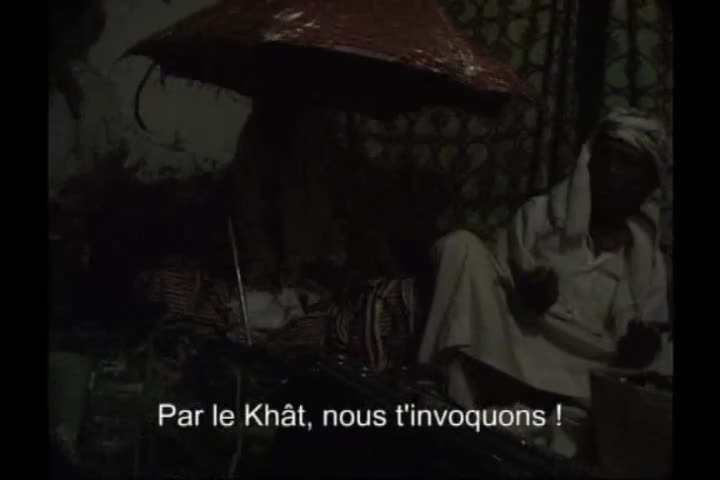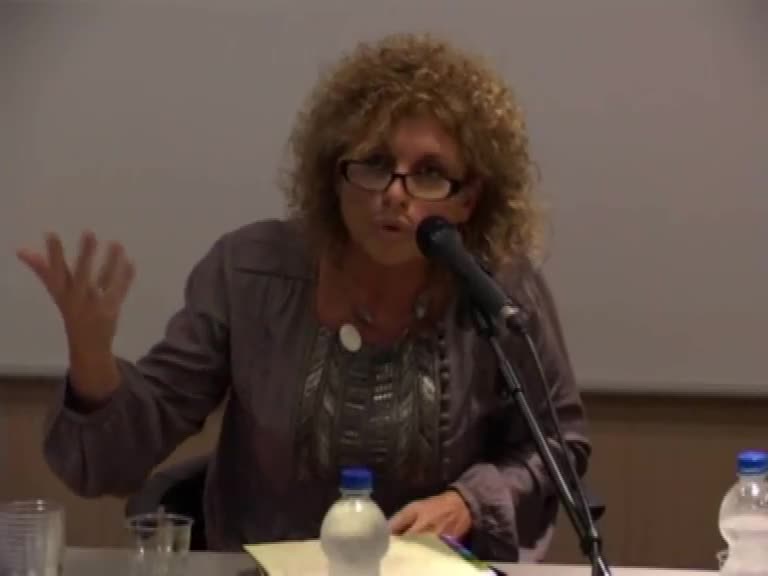Notice
IFEA Histoire 2020-2021 How millet became the nation. A conceptual history of the word millet in the longue durée of ottoman history
- document 1 document 2 document 3
- niveau 1 niveau 2 niveau 3
Descriptif
This conference aims at outlining the history of the word millet (Arabic millah) in Turkish-Ottoman texts from the 15th century up to the beginning of the 20th.
During the early ottoman centuries, two distinct uses of “millet” correspond to two independent linguistic registers. These registers are: the learned (‘ulamā) tradition; and the Turkish vernacular chronicles. In the learned tradition, the meaning of “millet” draws on medieval Arabic lexicography and qur’anic interpretation and is therefore systematically associated with the notions of dīn and šarīʿah. On the contrary, in Turkish vernacular chronicles and treaties – which mostly rely on Persian and Turco-Mongolian literate models – “millet” constitutes a synonym for “Λαός” and “populous” in Medieval Greek and Latin, i.e. a people. Besides, in Turkish vernacular sources, “millet” is often synonym for “ṭā’ife”. However “millet” belongs to a power legitimacy vocabulary, whereas “ṭā’ife” does not.
A third linguistic register, particularly significant for the uses of “millet”, and more generally for the power legitimacy vocabulary, were the titles of the sultanate’s officials (elḳāb). Alongside with the standardization of power rituals in the palace – including foreign ambassadors’ receptions – the extensive titles of ottoman officials became very important for the imperial rhetoric and were increasingly used by the ottoman chronicles and books of counsels. Τhe uses of “millet” in the elḳāb rely on the learned tradition. But, due to their formulaic character, the original meaning of these elḳāb becomes all the more obscure and is open to reinterpretation.
“Millet” undergoes a major semantic shift in the turn of the 18th century, when the ottoman sultanate practically integrates the westphalian diplomatic system. From then on “millet” becomes occasionally a synonym for the modern English word nation and its translations in western European languages. This new meaning evolves together with an emerging semantic register: modern diplomacy, which embodies the integration of the Ottoman Empire into an “inter-national” (beyn-el-milel) world. The uses of “millet” as a synonym of “nation” become more frequent during the last quarter of 18th and the beginning of 19th centuries.
During the 19th century, some Ottoman literati, who aimed to create a uniform Ottoman-Turkish national language, brought together the different premodern linguistic registers. Owing to this attempt, and despite some lexicographers’ resistance, the transformation of “millet” into “nation” became a fait accompli.
In the light of such findings we finally deal with the question of the so-called “millet system”. Starting from a close reading of the ottoman reform edict of 1856 (ıṣlāḥāt fermānı) and of a number of related diplomatic and administrative documents, I argue that the “millet system theory” leads to a complete misunderstanding of both the ottoman power concepts and the political practices. In fact, the 1856 reform edit introduces a form of governance based on the recognition of the “non-Muslim cemā‘ats” (and not “millets”). Rather than a medieval remnant, this was a calculated reaction to foreign intervention and nationalism. Nonetheless, these “cemā‘ats” were regularly called millets, i.e. nations, in most of the non-administrative sources. Therefore, the governance introduced by the ıṣlāḥāt fermānı reinforced the preexisting tendency to ascribe national attributes to confessional communities, with far-reaching consequences for the Balkan and Middle-eastern nationalisms.
Intervention / Responsable scientifique
Avec les mêmes intervenants et intervenantes
-
Constitution des archives, constitution de la mémoire - Approche méthodologique
ΣιγάλαςΝίκοςPrésentation du Workshop histoire "Constitution des archives, constitution de la mémoire" par Alexandre Toumarkine (IFEA) Mardi 25 mai, de 9h à 18h à l'IFEA "Constitution des archives,
-
L’État et ses populations
DuclertVincentMarcouJeanΣιγάλαςΝίκοςMalletLaurent-OlivierJournée d'étude l'Etat en Turquie au XXème siècle. Contrôle social et production du citoyen vendredi 30 octobre 2009 à l'IFEA Organisée par l’ANR Transtur, avec le soutien de l’UMR 8032 « Études
-
Autour de l'alcool, en Turquie et dans l'Empire ottoman: introduction
ΣιγάλαςΝίκοςEliasNicolasNOUVEAU Séminaire " Autour de l'alcool, en Turquie et dans l'Empire ottoman" Organisateurs : Nicolas Elias et Nikos Sigalas Jeudi 20 octobre 2011 à 18h à l'IFEA Séance d'introduction par Nicolas
-
Devlet et État. Du glissement sémantique d’un ancien concept du pouvoir
ΣιγάλαςΝίκοςSéminaire "Administrer, gouverner en Turquie depuis les Tanzimat" Nikos Sigalas (IFEA) Jeudi 24 novembre 2011 à 18h à l'IFEA "Devlet et État. Du glissement sémantique d’un ancien concept du pouvoir"
Sur le même thème
-
Law, Identity, and Redemption: Justice in Karan Johar’s My Name is Khan
LefrançoisFrédéricCommunication présentée le 9 mai 2025 lors du Colloque international de la SARI "Représentation de la justice dans le cinéma indien 9 et 10 mai 2025" (Université Sorbonne Paris Nord, Campus de
-
Interview avec Xavier Bougarel
BougarelXavierL'entretien est mené à propos de l'ouvrage Chez les partisans de Tito. Communistes et paysans dans la Yougoslavie en guerre (1941-1945), Editions Non Lieu, 2023.
-
Franquismo, identidad nacional y nacionalismo(s) español(es): apropiación, redefinición y una pesad…
Núñez SeixasXosé ManoelPor primera vez en Europa, el coloquio Anatomía del franquismo (1936-1977) ofrece una síntesis colectiva de los conocimientos sobre el franquismo, elaborada por historiadores e historiadoras.
-
Franquisme, identité nationale et nationalisme(s) espagnol(s) : Appropriation, redéfinition, et un …
Núñez SeixasXosé ManoelLe colloque Anatomie du franquisme (1936-1977) proposait pour la première fois en Europe une synthèse collective des connaissances sur le franquisme, réalisée par les historiennes et les historiens
-
Qu'est-ce que l'actualité politique ?
ArtièresPhilippeBoltanskiLucCallardCarolineEsquerreArnaudManiglierPatriceNous sommes, toutes et tous, plongés dans l’actualité et habitués à commenter celle afférent à la politique qui rythme notre vie quotidienne.
-
Mouvements nationalistes contemporains en Éthiopie
LabzaéMehdiLa mission de terrain dont Mehdi Labzaé vous parle dans ce podcast a été soutenue par le Programme Atlas de la Fondation Maison des sciences de l’homme. Elle s’est inscrite dans le cadre de recherches
-
Re-imagining Malaysia. Nationalism, ethnocracy and the postliberal politics of halal
HardakerGlennLeverJohnSéance : L’élargissement du halal " Vous avez dit halal ? " Normativités islamiques, mondialisation et sécularisation Colloque international, 7-8 novembre 2013, IISMM-EHESS, Salle Claude Lévi
-
L’éveil des nationalismes, facteur de l’émigration juive du Maroc
BenarrochElieSession 10 : Identités : Dans la tourmente politique Colloque : Migrations, identité et modernité au Maghreb Colloque international organisé à Essaouira (Maroc), du 17 au 20 mars 2010. Ce
-
Les Juifs de Libye entre fascisme italien et nationalisme arabe 1922-1948
Picciotto FargionLilianaSession 6 : Trajectoires collectives Colloque : Migrations, identité et modernité au Maghreb Colloque international organisé à Essaouira (Maroc), du 17 au 20 mars 2010. Ce colloque est une
-
Operationalization of Nationalism: The Security Practice and the Imagined Figure of the ’Arab’ Enem…
MOFIP : Mobilités frontières et conflits dans les espaces israélo-palestiniens (1) La première rencontre de l’équipe MOFIP et le Réseau d'Excellence Ramses² a eu lieu à la Maison Méditerranéenne
-
Imaginaires croisés
LamoureJean-MarcOsmondThomasJean-Marc Lamoure (réalisation), Thomas Osmond (enquête) Production: Institut d'Etudes Africaines (actuel CEMAf-Aix), Association Farenji. Tournage : ville de Nekemte, Etat régional Oromyyaa
-
Lois mémorielles
CrivelloMarylineEntre Europe et Méditerranée : le dialogue culturel en question[s] proposées par RAMSES² Dialogue culturel… et questions de mémoires Rencontres publiques -Sous le Signe d'Averroès, 16 et 17







